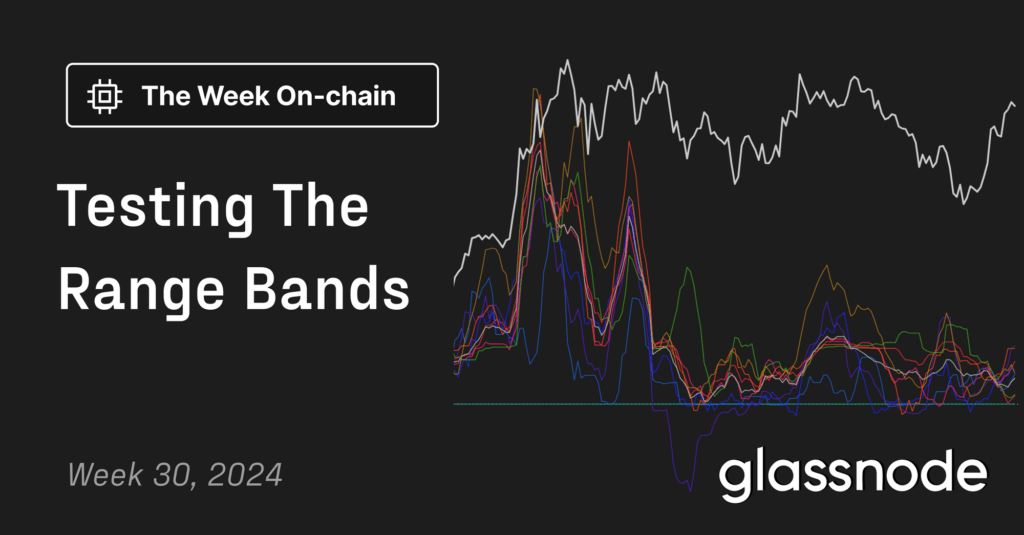Research Summary
The report discusses TaxDAO’s response to the U.S. Senate Committee on Finance’s open letter on digital asset taxation. It covers TaxDAO’s recommendations for tax policy, digital asset loans, flash lending, mining and staking, and reporting requirements. The report also addresses the challenges of compliance with various IRC sections and the Biden administration’s proposed tax on the mining industry.
Key Takeaways
Digital Asset Tax Policy
- Flexible Tax Policy: TaxDAO emphasizes the need for a flexible tax policy to support the growth of the digital asset industry. They suggest unifying the conceptual definition of digital assets to facilitate regulation and tax operations.
- Cost Basis Method: TaxDAO proposes using the cost basis method for taxation, which offers operational simplicity and policy stability. They recommend against mark-to-market taxation due to the high volatility and complexity of digital assets.
- Resident Taxpayer Status: TaxDAO suggests focusing on the tax treatment based on the resident taxpayer status to simplify administration and benefit the crypto industry.
Digital Asset Loans and Flash Lending
- Types of Digital Asset Loans: TaxDAO provides an overview of different types of digital asset loans, including collateral loans. They discuss the challenges of compliance with IRC Section 1058 for companies allowing customers to lend digital assets.
- Flash Lending: Flash lending is a new type of lending in the DeFi space that allows borrowers to lend cryptocurrency without collateral, utilizing smart contract technology. Provisions similar to IRC Section 1058 should apply to all digital assets to ensure stability in digital asset lending and borrowing transactions.
Mining and Staking
- Income from Mining and Staking: Income from mining and staking should be treated as business income for entities and investment income for individuals. Determining if an individual is involved in mining or staking as a business depends on factors such as purpose and intent, scale and frequency, and mining results and impact.
- Staking Pool Contracts: Staking pool contracts involve the creation and management of pools by operators, participation and withdrawal of participants, and revenue distribution based on performance and network rewards.
- Proposed Tax on Mining Industry: The Biden administration’s proposal to impose a 30% excise tax on the mining industry is considered too harsh, and a reasonable tax level should be calculated based on bear and bull market returns.
Reporting Requirements
- Clarification of Reporting Requirements: There is a need to clarify FATCA, FBAR, and/or Form 8300 reporting requirements to eliminate ambiguity about whether they apply to all or some categories of digital assets.
- Wallet Custody: Stakeholders consider wallet custody when determining compliance requirements with FATCA, FBAR, and Form 8300. Different types of wallet custody arrangements exist, and the reporting requirements should be applied accordingly.
- New Form for Declaration of Digital Assets: A new form for the declaration of all digital assets is proposed to facilitate the reporting process and support the development of the digital assets industry.
Actionable Insights
- Consider the Cost Basis Method: Entities dealing with digital assets should consider the cost basis method for taxation due to its operational simplicity and policy stability.
- Explore Flash Lending: Financial institutions and investors should explore the potential of flash lending in the DeFi space, which allows for lending without collateral.
- Understand Reporting Requirements: Entities dealing with digital assets should familiarize themselves with FATCA, FBAR, and Form 8300 reporting requirements and consider the proposed new form for the declaration of all digital assets.











